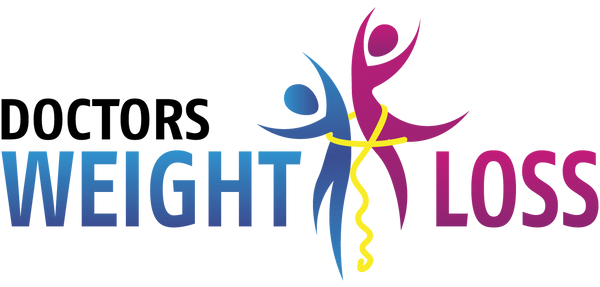Carbohydrates! Proteins! Fats!
These are what your everyday calories are made up of- and they each play an important role for separate reasons.
MICROnutrients are referred to as vitamins & minerals.
MACROnutrients, on the other hand, are essential to life, but unlike their smaller counterparts, they’re needed in large amounts each and every day to sustain life and all of the body’s processes.
Carbohydrates – The energy providerEvery 1g of carbohydrates = 4calories. |
Your body breaks down carbohydrates to their simplest form (glucose) before they enter the bloodstream.
Glucose is the body’s primary source of fuel.
- Once in the bloodstream, the brain is the first to receive the glucose. The human brain relies on carbohydrates alone as its energy source, and because of this, going without carbs, or severely cutting them from your diet, can sometimes result in the inability to concentrate or focus.
- After the brain has enough, the glucose circulates throughout the body and feeds all the tissue and muscles.
- Any remaining glucose will be converted to a stored energy source called glycogen, which is found in your liver and muscles. If your muscles don’t have adequate amounts of energy, they will rely on the stored glycogen in your muscles and liver for energy.
- If the brain, muscles, tissues, and glycogen stores have been sequentially filled, any remaining circulating glucose will be converted and stored as fat.
I would recommend consuming your daily portion of carbs from whole, unprocessed, and unrefined food sources such as fruits, vegetables, grains, and legumes.
Proteins – The builder & repairerEvery 1g of protein = 4 calories. |
Your body breaks proteins down into amino acids (proteins simplest form). Amino acids are the building blocks of protein and muscle growth. Amino Acids surely help recover and repair your muscles after a workout, but they’re also the used to create hormones, antibodies, enzymes, and connective tissue.
Keep in minds, when participating in any type of physical activity you’re placing (the good kind of) stress on your muscles that results in tiny micro-tears in the muscle fibers. Consuming protein, amino acids, or a combination of both helps to repair those tears, and will reduce your recovery time.
Protein can’t be stored for later (unlike carbohydrates). If you consume more than your daily requirement of protein it’ll either be converted into energy or be converted and stored as fat.
*Contrary to popular belief, you can consume protein from other sources besides animal meat and their byproducts. Legumes, nuts, seeds, grains, fibrous vegetables, and sea vegetables are all loaded with essential amino acids and are a great way to flood your body with high levels of micronutrients as well.
Fats – The ‘maintenance’ macronutrientEvery 1g of fat = 9 calories. |
Fats tend to have a bad reputation in the health and wellness world. It may be common sense to assume that something called “fat” would make you fat, right?
Yes and no.
Too much of any of the 3 macronutrients will cause your body to convert and store the excess as fat, but from the proper sources and amounts, fat is an essential component of our daily intake.
Fat is an essential factor in the absorption of vitamins A, D, E, and K. Your cell membranes rely on the fat that you consume daily to create their membranes and your organs rely on it for cushion and protection. Lastly, fat helps to regulate many of the body’s hormones. Keeping healthy fats in your diet is very important in regulating hormones and keeping our bodies functioning properly.
Opt for micronutrient-rich sources such as avocado, nuts, salmon, oils like olive, flax and pumpkin and seeds, such as pumpkin, hemp, flax, chia, and sunflower seeds.






